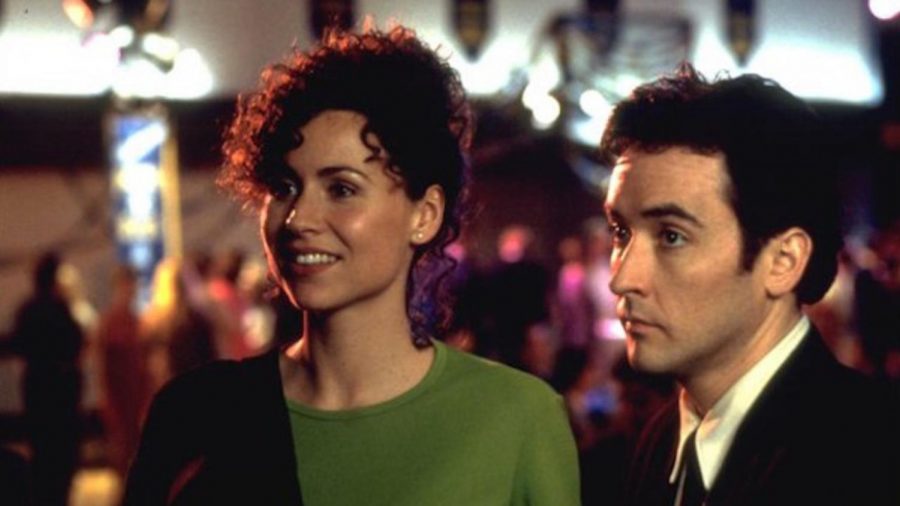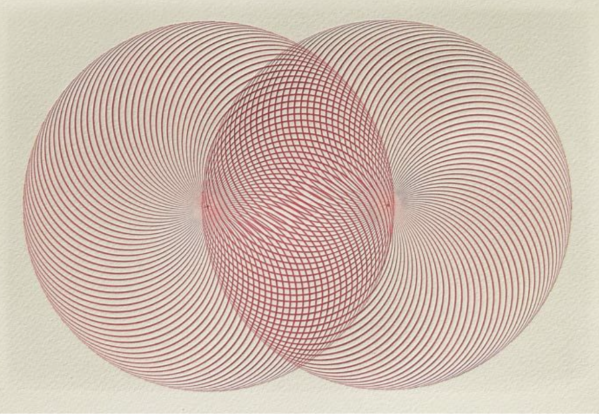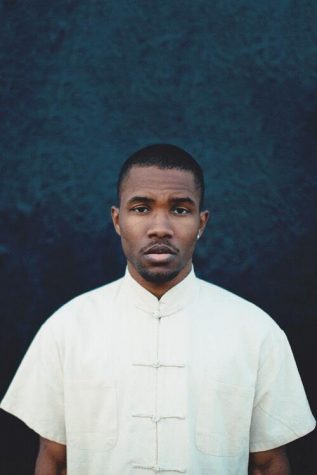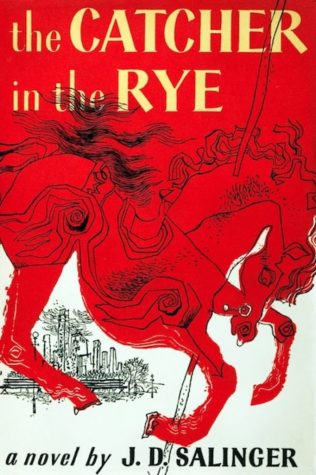“Grosse Pointe Blank” Is a Bop and a Half
The title of the 1997 movie “Grosse Pointe Blank” is a triple play on words. “Grosse Pointe,” a suburb of Detroit, Michigan, is where most of the movie’s events take place; “Blank” is the last name of the film’s protagonist, Martin Blank (John Cusack). And then there’s “Pointe Blank,” neatly tucked into the title, to tell us guns will be involved — because Martin Blank is a hitman.
“Grosse Pointe Blank” doesn’t take long to explain itself, so I won’t either. The story is set up quickly and efficiently in its opening scene: Martin Blank prepares to fulfill his latest contract as a hitman while his secretary Marcella (Joan Cusack) urges him to return to his childhood home of Grosse Pointe for his 10-year high school reunion. The scene is underscored by ’70s hit “I Can See Clearly Now.” The film establishes its sheer absurdity in its first three minutes.
Of course, Martin doesn’t want to go to his high school reunion. He left Pointes High School in the dust years ago. But a new contract conveniently pops up, and Martin cannot refuse the offer. As Marcella bluntly puts it: “The gods want you to go back home, and they want you to delete someone while you’re there.” Homeward he goes.
This is not your standard action movie. At its core, “Grosse Pointe Blank” is a romantic comedy. Putting the hitman gig aside, Martin is haunted by his love for Debi (Minnie Driver), a girl he left behind when he fled Grosse Pointe 10 years ago. Martin stood her up on prom night and disappeared, but he’s thought about her every day since then. His latest contract is what officially brings him home to Grosse Pointe, but Debi is the driving force behind his return.
Surrounding Martin and Debi is an even quirkier cast of characters. There’s Marcella, in all her glory: a no-nonsense woman who serves as Martin’s secretary, booking agent, partner in crime and everything in between. There’s Grocer (Dan Aykroyd), an irritatingly chatty colleague who wants to set up a union for contract killers. Then there’s Dr. Oatman (Alan Arkin), a therapist that Martin insists on seeing once a week, though Oatman feels deeply uncomfortable having a hitman as a client. Everyone in this movie is lovably crazy.
I’d be remiss not to praise Joan Cusack’s work as Marcella. Joan has appeared in 10 movies with her brother John Cusack, and she has a way of stealing the spotlight from him. Marcella delivers some of the film’s funniest moments, despite being miles away from the epicenter of Grosse Pointe.
Minnie Driver also delivers a solid role as Debi. She portrays a girl still giddy and carefree from her high school days — running around the house barefoot and twirling her hair around her finger — while somehow still appearing more grounded in reality than Martin.
One of the best elements of “Grosse Pointe Blank” is its soundtrack. Early on, Debi promises that this will be an “all-’80s, all-vinyl weekend,” and she delivers. Moreover, the film juxtaposes Martin’s grisly profession with peppy music: a fight scene is set to “Mirror In The Bathroom” by the English Beat, and a hide-the-body scene set to Nena’s “99 Luftballons.”
While “Grosse Pointe Blank” is a fantastic movie at any time, there’s something oddly fitting about watching this movie right now, at a time when we’ve all been sent home for a (perhaps unwanted) reunion with our childhood. Martin struggles to define himself in a landscape that has changed in the time he’s been gone. His painfully awkward interactions — with his high school English teacher, his aging mother and his former classmates — ring true to the painful awkwardness of coming home from college.
Of course, it’s easier for me than it is for Martin — I can at least be honest about what I’ve been up to — but the underlying feeling is the same. When we return home, we’re bound to mess things up, and we try our best to fix ourselves and our situations. “Grosse Pointe Blank” beautifully captures that feeling, and that’s the movie’s most enduring quality.
In 1997 as in 2020, it’s hard to go home. But if Martin Blank can do it, so can we. Turn up the ’80s bops and give it your best shot — just don’t shoot anyone.
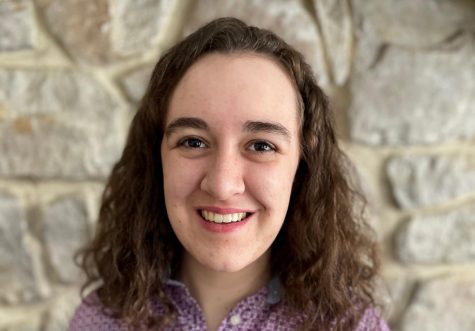
Erica Weidner is a junior at Fordham College at Rose Hill, majoring in English and double minoring in political science and philosophy, and for the last...



































































































































































































